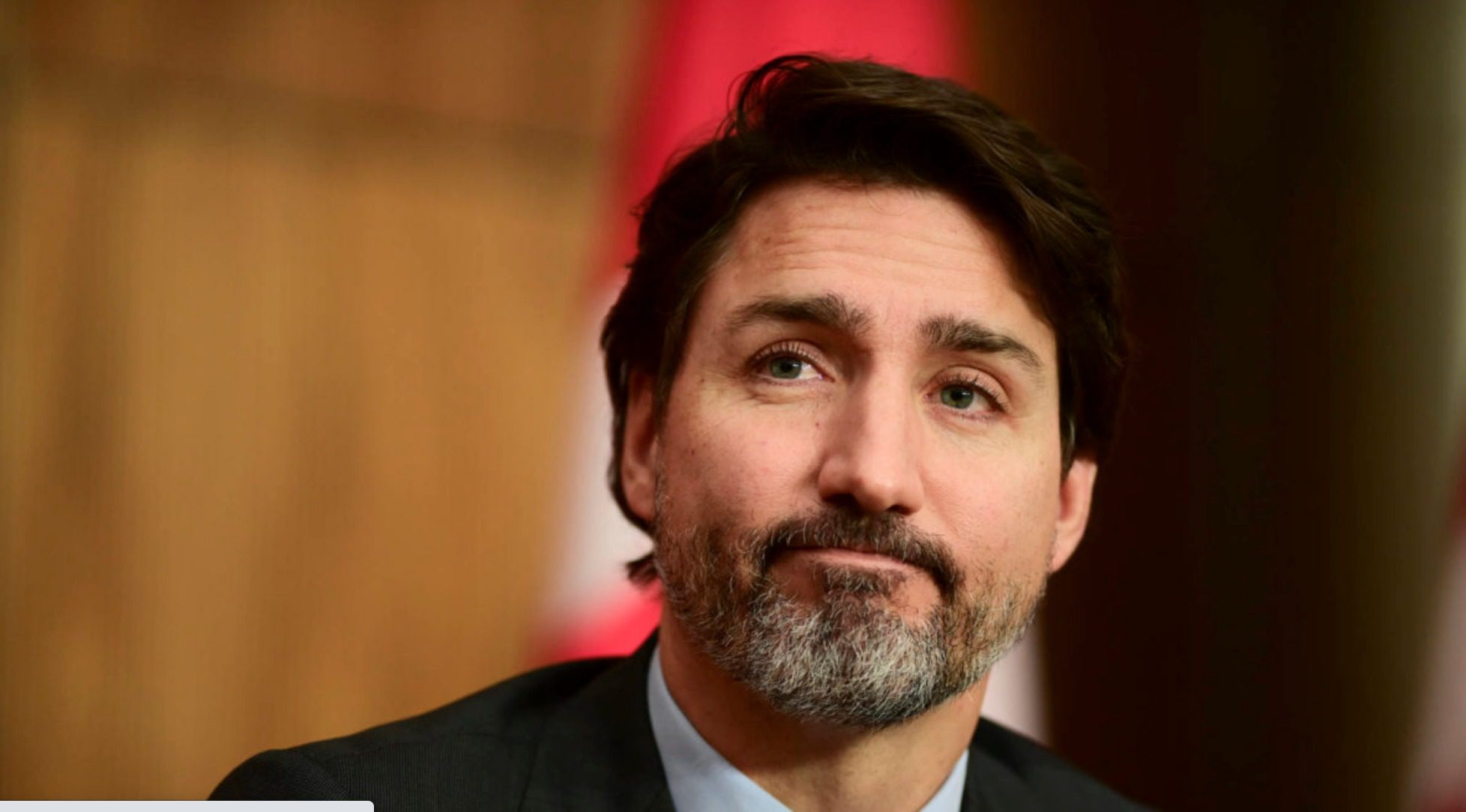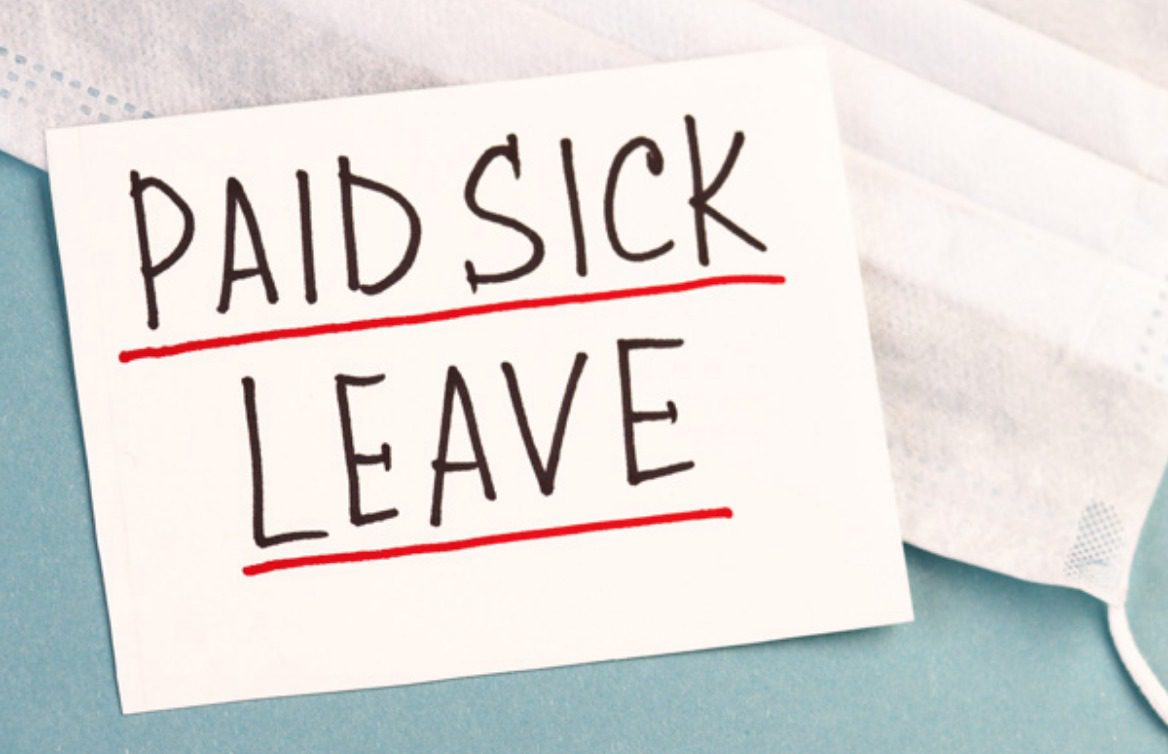Uneven, bumpy and sluggish.
A big political blunder. Confusing. A lack of action.
A flawed vaccine plan.
The words above? They're actual quotes. And they're not from the pages of newspapers, who aren't big fans of Justin Trudeau's government.
They're what international media have been saying about Canada's vaccine rollout. The Washington Post, CNN and Bloomberg, respectively. And there's a lot more criticism internationally, too, if you go looking for it.
Some of those words, above, aren't found in editorials or opinion columns like this one, either. Some are taken from actual straight-up news stories. Because they're facts.
Because Canada's federal government has, factually and truthfully, done a historically-inept job at acquiring vaccines to fight the coronavirus pandemic.
You don't have to be an epidemiologist or statistical expert to know that, either. As of this writing, 1.1 per cent of the Canadian population has been vaccinated since vaccines arrived in December. One per cent: at that rate, Canada will take a decade or more to vaccinate its entire population.
Other countries? Well, in Israel a nation perpetually under attack, with a dysfunctional system of government, and no coronavirus vaccine-manufacturing capacity of its own, like Canada more Israelis get vaccinated in a single day than Canada vaccinated in all of December.
In the United States a divided nation run by an impeached lunatic, with an actual insurrection still underway nearly ten million Americans have been vaccinated with one or more doses. President-elect Joe Biden has pledged to "move Heaven and Earth," meanwhile, to get 100 million of his fellow citizens vaccinated in the first 100 days of his administration.
Justin Trudeau's Canada? Not so good.
Now, Intergovernmental Affairs Minister Dominic Leblanc is a whip-smart guy, educated at Trinity College and Harvard. He was sent out, a few days ago, to polish the turd that is Justin Trudeau's record on vaccines.
Canada is "on track" with its coronavirus vaccine rollout, Leblanc said to various media, with a straight face. And, in response to criticisms arising from the fact that provinces have run out of doses because they actually have well, Leblanc said this: it's "a bit simplistic."
And that much is true, although not in the way that Leblanc intended. It is simple: you either have vaccines, or you don't.
Many provinces didn't, or not nearly enough. The University Health Network which has thousands of beds, and patients from across Canada effectively ran out of vaccines a few days ago. They were forced to reschedule vaccination appointments.
The Ottawa Hospital which the Prime Minister should perhaps be familiar with, because he was literally born there also ran out. The hospital was forced to "pause" vaccinations, it said in a statement, and "expected" to resume them a week later.
In British Columbia, in Alberta, in Manitoba, in Quebec: the Premiers told the Prime Minister in a conference call a few days ago that they are running out of vaccines, or have in some cases run out. It is unknown if the Prime Minister chirped that "we're all in this together," because that probably wouldn't have gone over too well.
For Justin Trudeau, the growing controversy over vaccines is an existential threat. The Liberal leader has been lusting after a trip to the polls for months. In B.C. and New Brunswick, mid-pandemic votes saw minority governments rendered majorities. In Saskatchewan, a majority government was rewarded with a fourth majority.
But if the perception grows that Trudeau's regime has dropped the vaccine ball, a controversy will metastasize into a scandal. And unlike the Aga Khan, unlike LavScam, unlike WE this scandal will have life-and-death consequences for Canadian voters.
Canadians, and the world, are watching. Will Justin Trudeau deliver a potentially life-saving vaccine to you and yours?
Because so far, he hasn't.
[Warren Kinsella was Chief of Staff to a federal Liberal Minister of Health.]
Photo Credit: CBC News








